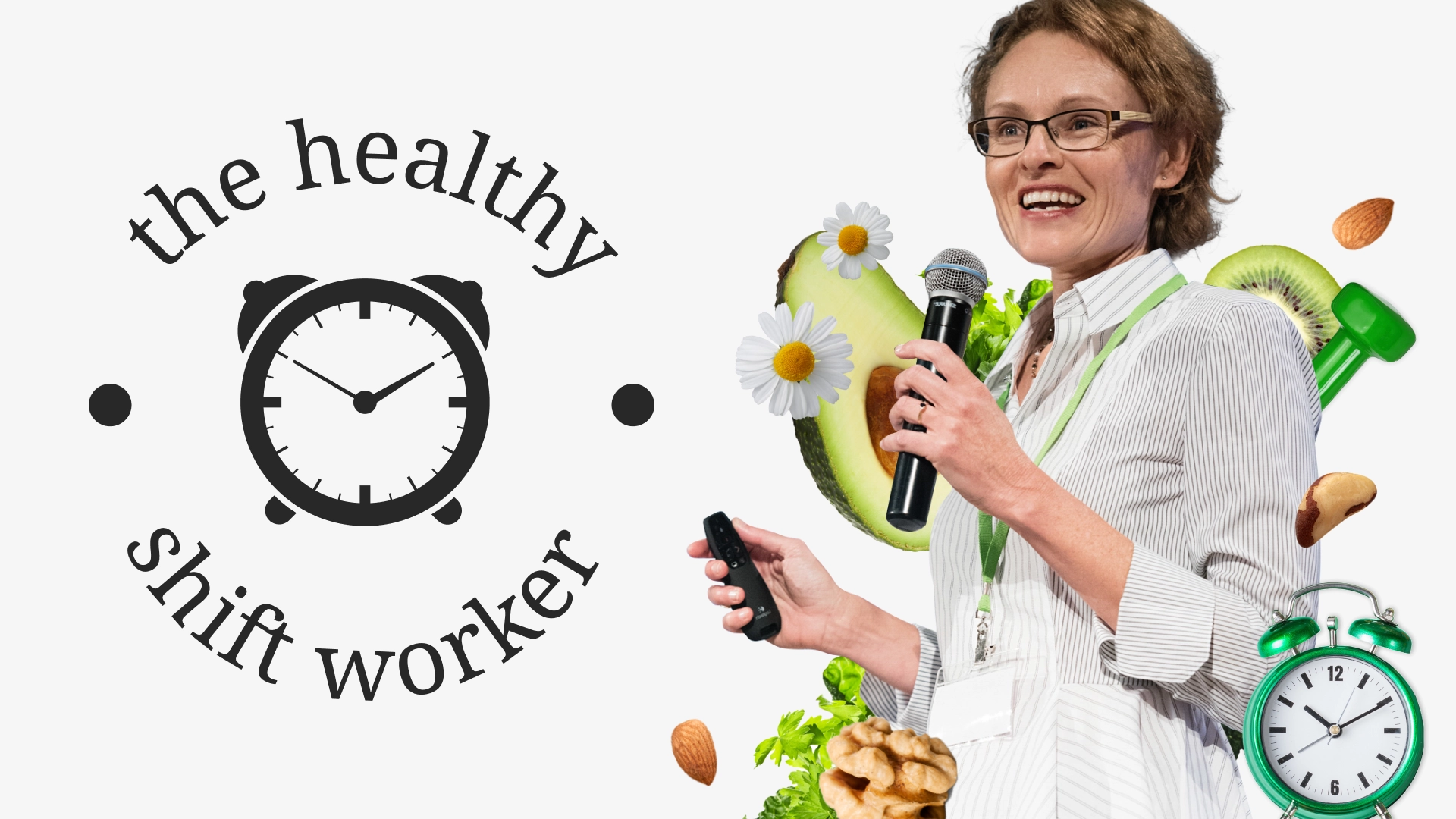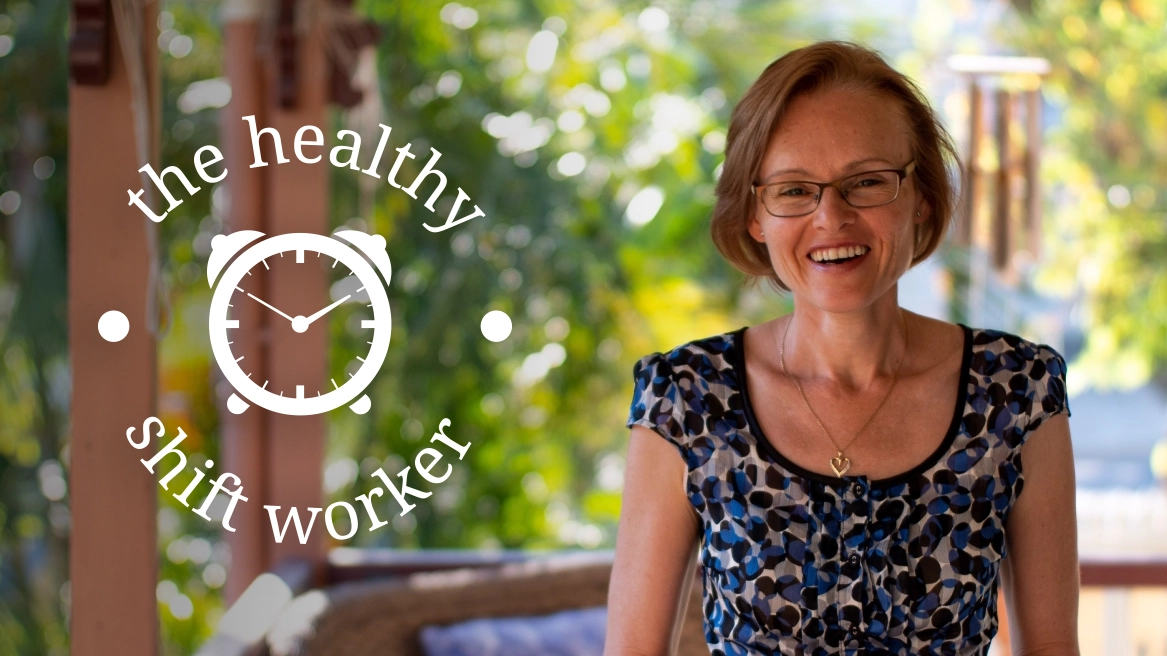The life of a shift worker certainly encompasses a fair amount of sleep deprivation. In fact we could say it’s one of the many ‘perks’ to working 24/7. However when you signed up to work shift work, did you know that this continual lack of sleep was going to affect your eating behaviour?
Probably not, but it certainly does – in two different ways.
Firstly, as TS Wiley explains in his book ‘Lights Out’, a lack of sleep disrupts an integral part of our bodily systems called the endocrine system. The stomach or digestive tract is one of the largest endocrine organs in our body and makes and secretes two very important hormones which play an important role in our body’s metabolism.
These include the hormones Ghrelin and Leptin which help to regulate our appetite and as a result, play an influential role in our weight.
Unfortunately, the problem we have as shift workers is that studies have shown that sleep-deprivation causes a disruption in these appetite regulating hormones (Public Library of Science Medical Journal 2004), and does so by:
- Reducing the production of leptin, the chemical that makes us feel full, in conjunction with
- Increasing the levels of ghrelin, the hormone which stimulates our appetite or hunger.
This imbalance can lead us to becoming overweight because the Ghrelin hormone sends your brain a little message saying that it “needs” carbohydrates and sugars which is why many of us seek out these types of foods whenever we’re feeling physically and emotionally exhausted.
In other words, if you work 24/7.
In addition, when leptin is reduced we are not experiencing the usual feelings of fullness which can cause us to overeat.
The second way sleep deprivation disrupts out eating behaviour has to do with light – or more specifically being exposed to too much artificial light.
When we are constantly exposed to light (which is the case when working 24/7), it causes us to crave high carbohydrate foods such as sweets, salty and starchy foods (TS Wiley 2000).
This continual exposure to artificial light tricks our bodies into thinking its summer which signals us to eat. It fools our body into thinking it needs to eat to store fat for the impending winter.
In fact it’s our natural human instinct to do this – for our survival.
But when you work 24/7, there is no winter. It’s continually summer because the sun never goes down thanks to a life of artificial lights.
This causes us to overeat, and overeat on all of the wrong kinds of foods.
So how can we prevent sleep deprivation and ongoing light exposure from disrupting our eating behaviour? By simply being aware of it, enables you to do something about it by:
- Having plenty of healthy snacks on hand during your shift, so that you don’t fall under the magnetic spell of the vending machine in the corridor.
- Making sure that your meals are both nutritious and satisfying in order to help keep you feeling full. For example, home-made vegetable soups are a great option for shift workers because they provide plenty of fibre (perfect for sensitive stomachs prone to gastrointestinal disorders), and also have a high water content which helps to maintain satiety.
- Drinking plenty of water throughout your shift is also going to help curb your appetite (and also save your waistline), because as you now know, in most instances you’re not really hungry – it’s just your sleep deprived hormones playing tricks on you!
Reference: Taheri, S, Lin, L, Austin, D, Young T, Mignot E 2004, ‘Short sleep duration is associated with reduced leptin, elevated ghrelin and increased body mass index,’ Public Library of Science Medical Journal, vol. 1, no. 62.




0 Comments